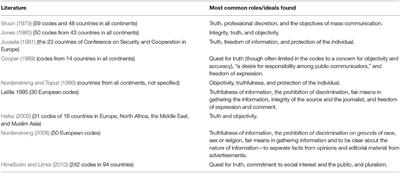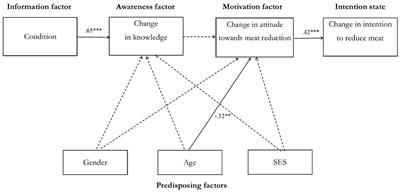EDITORIAL
Published on 22 Jun 2023
Editorial: Food, media and the environment - cultures, practices, policies
doi 10.3389/fcomm.2023.1168580
- 4,651 views
3,487
Total downloads
28k
Total views and downloads
You will be redirected to our submission process.
EDITORIAL
Published on 22 Jun 2023
ORIGINAL RESEARCH
Published on 12 Apr 2022

ORIGINAL RESEARCH
Published on 23 Feb 2022

ORIGINAL RESEARCH
Published on 11 Nov 2020

BRIEF RESEARCH REPORT
Published on 28 Aug 2020


Frontiers in Environmental Science
Science and Environmental CommunicationOffline